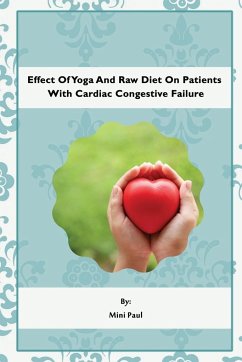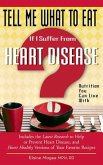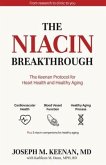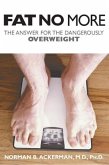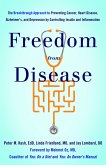Yoga and healthy dietary practices enhance the psycho-neuroimmune system and other physiological functions like cardiovascular health. Yoga reduces the action of the sympathetic nervous system and increases the action of the parasympathetic nervous system, and reduces heart rate, stress reactions, and the flow of Adrenalin in the body. Breathing exercises like pranayama and meditation help in the management of stress and relaxation of the body. They also supply more oxygen to the heart. Meditations activate the psycho-Neuro-Immune system (PNI) of the body and release the positive neurotransmitters that help in the reversal of heart disease. Cardiovascular disease (CVD) indeed is a global health burden. Major risk factors of CVD are obesity and stress. Adequate physical activity and relaxation techniques can lower the risk of CVD. Physical exercise and pranayama are components of yoga. There are marked abnormalities in the neurohormonal system in a variety of disease states. The most dramatic examples of heightened neuronal adrenergic activity of disrupted receptor functions are heart failure, acute myocardial ischemia, hypertension, coronary artery vasospasm, and post-operative arrhythmias. The levels of catecholamine correlate with the outcome of patients with heart failure and cardiac arrhythmias. Abnormal neurohormone status has been thought to contribute to myocardial ischemia; these hormonal disturbances can be settled to a large extent by practicing yoga. Dietary guidelines recommend a high intake of vegetables and fruits and a low intake of saturated fatty acids, cholesterol, and salt to reduce cardiovascular morbidity.

